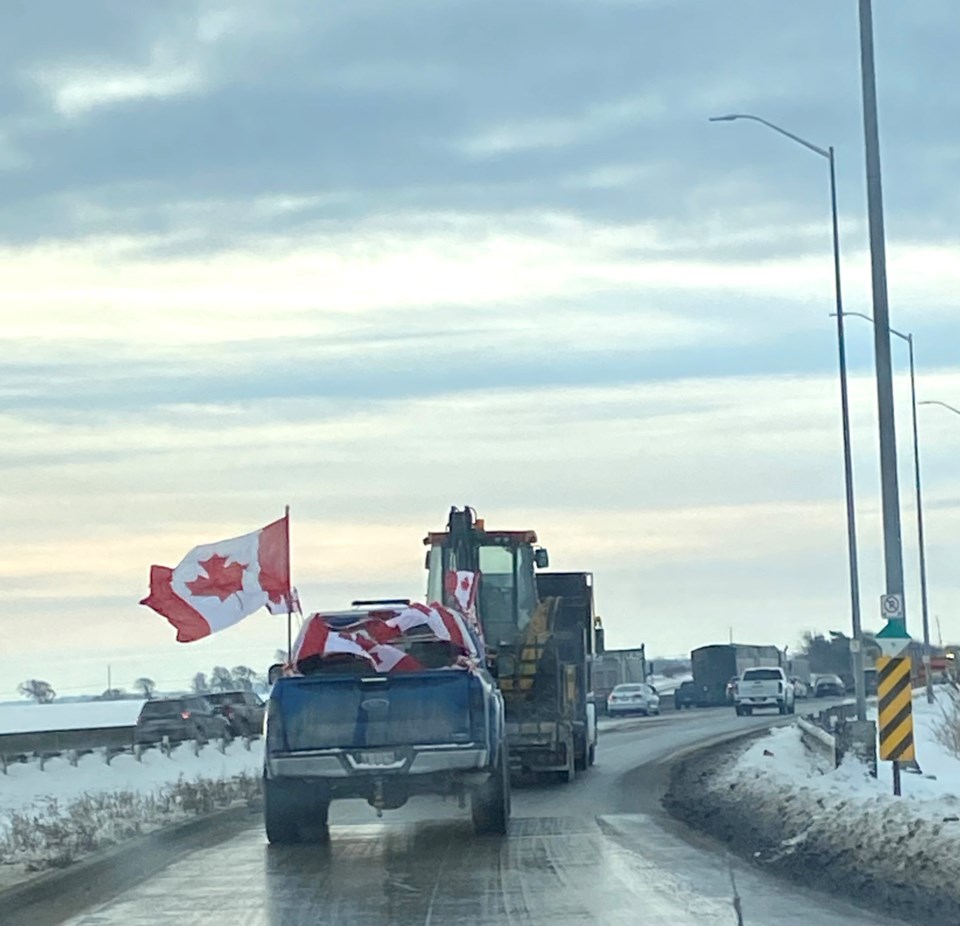On Jan. 28, protesters theoretically opposed to the mandate that all truck drivers need to be vaccinated to cross the US-Canada border arrived in Ottawa. More than two weeks later, the federal government invoked the Emergencies Act to deal with the protest.
This decision highlights one of the issues with protests. They can make things worse. For a group of people who wanted to fight what they claimed was a tyranny ushered in by the current pandemic, they gave the man they blame for so many things a reason to have even more power. Indeed, the way things played out, if I did not know better, I would think Justin Trudeau paid them to occupy Ottawa, block a few border crossings, and honk their horns so that he could invoked the Emergencies Act.
After all he talked about using it earlier in the pandemic and the irony of the current protest is that it is taking place just as restrictions are being removed across the country. As someone who has organized a few events, though, I know that the key weakness of most, if not all, conspiracy theories, is that the level of organization needed for them to work is near impossible to achieve.
The protesters do not represent all Canadians and there is nothing wrong with that. Most protests are organized by a vocal minority with varying levels of support among the public. The whole point of a protest is garnering public support. If anything, though, this protest has divided the country with families and friends at odds with each other over what to do. For people who claim to be speaking for everyone and fighting for our freedoms, the protesters seem to want to silence anyone who disagrees with them, and are hell bent on punishing salaried politicians by disrupting small businesses and preventing regular Canadians from doing their job.
That said, police inaction can also be seen as a defeat for the protesters. As much as having the police break up a protest and arrest people appears to be evidence that the protest failed, it brings the matter to the courts where actual change can occur. As soon as the protesters blocked the border, they started hurting Bay Street. Shortly afterwards the Conservative Party started telling them to go home. The politicians know which side of their bread is buttered on. Now Trudeau has enacted the Emergencies Act.
Regardless of what he does with these new powers, it is important to remember that Bay Street has another group in its pocket – lawyers. Already reports are coming in of vehicle insurance revoked, commercial licenses cancelled, and charges being laid after the fact. Make no mistake, it is all perfectly legal and will not stop once the protest does.
And while certain law firms might defend Pat King, Tamara Lich, and other convoy leaders, much like the funds raised for the protest, I doubt their services will trickle down to everyone else.
Daniel Sims is a First Nations Studies professor at UNBC and a member of the Tsay Keh Dene First Nation.



